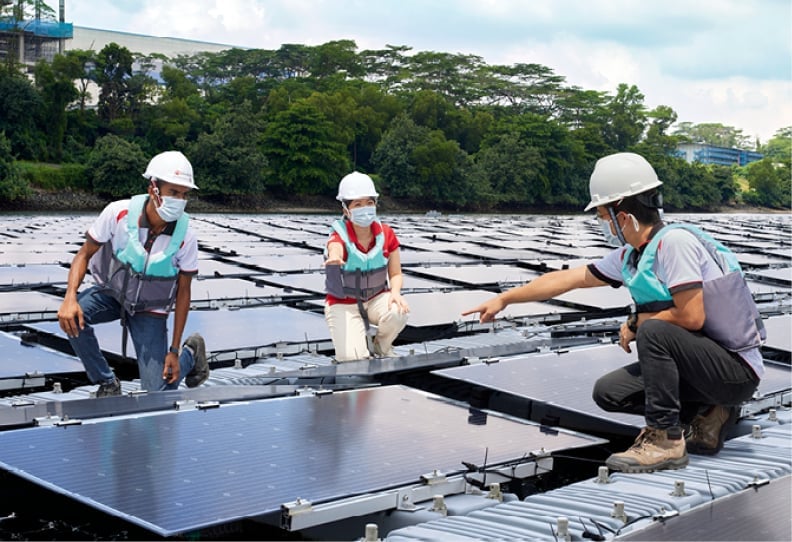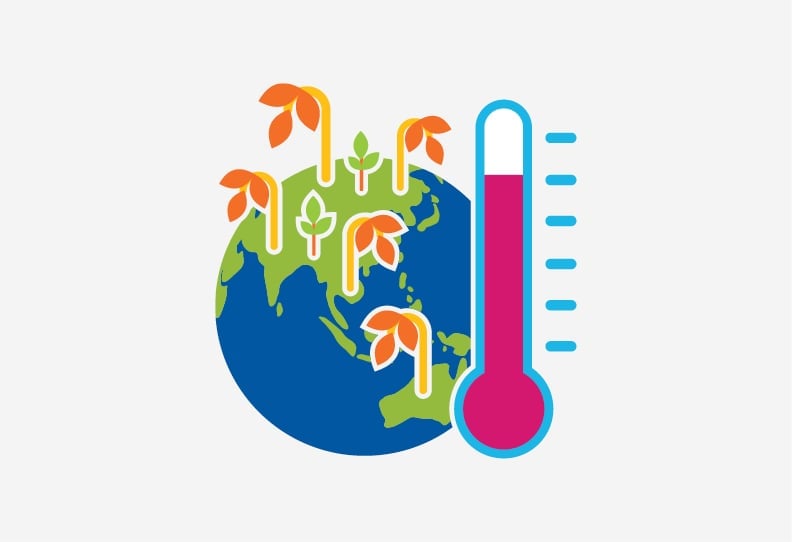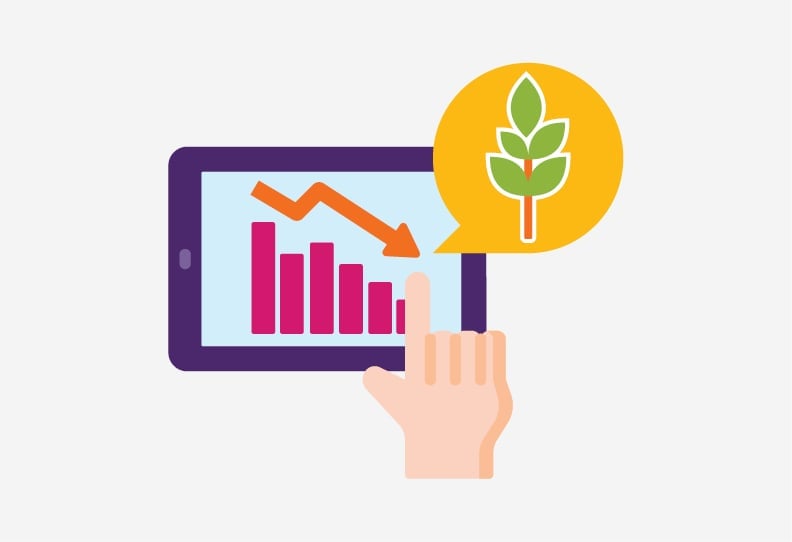Measuring and Tracking Portfolio Emissions
Last year, we committed to reducing the net carbon emissions attributable to our portfolio to half the 2010 levels by 2030. We also signalled our ambitions for net zero carbon emissions by 2050.
This journey is not without challenges. Not least is the inherent limitations of data availability, timeliness and consistency. The latest datasets for some portfolio companies date back to pre-COVID times. This challenge is even more pronounced as we look back to 2010, and as we look ahead to estimate the size of our ambition by 2030.
Nonetheless, we will initiate the annual reporting of the carbon emissions of our equities portfolio. In September 2020, Temasek became a supporter of the recommendations of the Task Force on Climate-related Financial Disclosures, as part of our journey.
On the basis of more refined company-level data and sub industry-level proxies, we have updated our estimates of the carbon emission attributable to our portfolio in the financial year ended 31 March 2011, as shown in the chart below.
(for year ending 31 March)
Towards Net Zero

Historical Total Portfolio Emissions
Total Portfolio Emissions (Illustrative)
Negative Emissions (Illustrative)
Pathway for Net Portfolio Emissions (Illustrative)
Calendar year emissions data and targets are reported in the subsequent financial year
Chart Notes
Our estimated Total Portfolio Emissions have remained largely flat over the year.
The carbon intensity of our equities portfolio has decreased from 130 tCO2e/S$M a year ago, to 103 tCO2e/S$M in the financial year ended 31 March 2021. This is largely due to an increase in our portfolio value, and new investments in less carbon intensive businesses.
Against the backdrop of a growing portfolio, halving our net portfolio emissions from 2010 levels to about 11 million tCO2e by 2030 is a bold target that demands determined and sustained action.
Our success in this mission for a decarbonised and carbon efficient portfolio depends to a significant extent on the vision and commitments of the companies we are invested in.
In this regard, we are particularly encouraged by the recent announcement of Sembcorp's strategic plan to transform its portfolio from brown to green, supported by ambitious targets on climate action and sustainable solutions. Similarly, the commitment of Singapore Airlines Group to achieve net zero carbon emissions by 2050 along with various supporting strategies, demonstrates industry leadership in one of the hard-to-abate sectors. Olam, too, has already begun its journey for low carbon agriculture and food supply chains.
We add our heft to the decarbonisation journey by amplifying carbon reduction through our investments, and other initiatives to enable carbon negative solutions, and accelerate climate friendly transitions by businesses.


